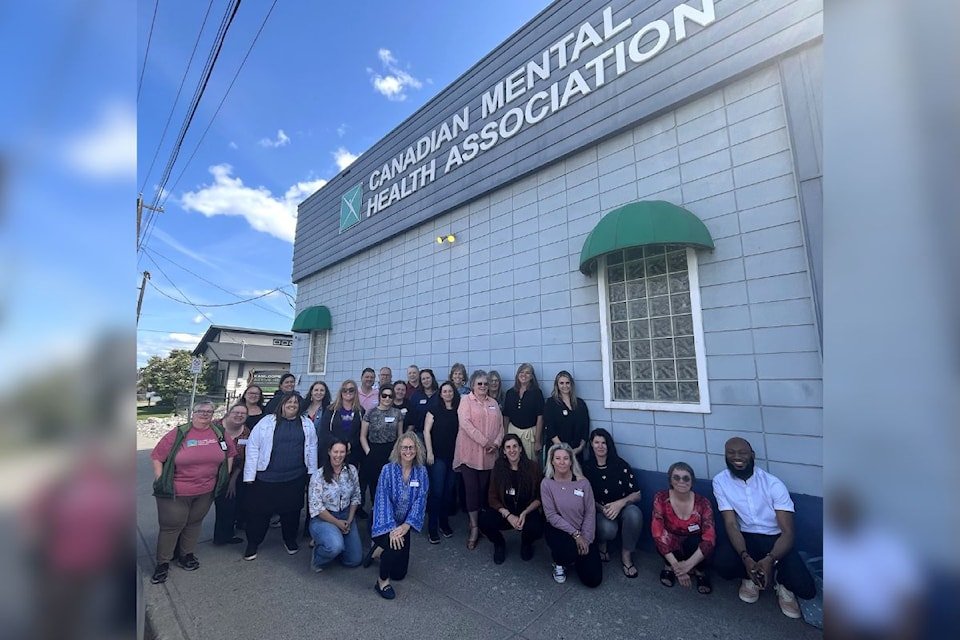As wildfires, floods, and extreme weather become more common across British Columbia, their mental health impact is growing. Many people feel stress, fear, and anxiety even before a disaster happens. To help with this rising concern, mental health teams in B.C.’s Interior and northern regions have joined together to create a network of support.
This joint effort is led by branches of the Canadian Mental Health Association (CMHA). They are working closely to share resources, train staff, and strengthen services during emergencies. According to Niki Zelez, director of strategic operations at CMHA Vernon and District, these types of emergencies are becoming all too familiar for residents. She explained that just the thought of a wildfire or heat dome can trigger anxiety. That’s why it’s so important to focus on people’s mental well-being, not only after disasters but before they even begin.
Even though each community faces its own unique challenges, there are many common needs during and after a climate emergency. The CMHA network has focused on building stronger links between local teams to ensure support is both timely and effective. One key part of this effort has been staff training. Thirty-two staff members across eight CMHA branches have completed a course in Psychological First Aid. This training helps them offer emotional support during and after disasters, making sure people get help when they need it most.
Another part of the plan involved working with the Canadian Red Cross to organize workshops on business continuity. These sessions were held for three CMHA branches to help them stay active and resilient during crises. The network also helps branches apply for post-disaster recovery grants. These funds have already supported mental health programs in several affected communities, including Princeton, Merritt, Quesnel, 100 Mile House, Prince George, and Williams Lake.
In addition, CMHA teams have given six major presentations across the province to highlight the mental health effects of climate-related emergencies. These presentations reached more than 700 attendees and helped raise awareness of this growing issue. A survey was also launched in the South Cariboo region to better understand how wildfires and other extreme weather events are affecting mental health in that area.
To further improve readiness, CMHA has coordinated emergency scenario exercises. These in-person events allow local teams to prepare for real-life situations. The group has also worked with major partners to create helpful mental health resources linked to climate emergencies. Partners include the Canadian Red Cross, First Nations Health Authority, Health Emergency Management BC, the Salvation Army, and United Way BC. These organizations bring key knowledge and support to the table, helping CMHA reach more people and improve care.
Media coverage of disasters can also be hard on both journalists and the public. To address this, the CMHA is working with the Canadian Journalism Forum on Violence and Trauma. Together, they created new guidelines to help journalists report on climate disasters with care. These tools aim to reduce stress for both media workers and the people they cover.
Jonny Morris, CEO of the CMHA B.C. division, said the mental toll of climate emergencies is real and lasting. He noted that B.C. has seen the effects of these events for many years. By coming together, he said, CMHA branches can offer stronger, more local support. Each branch is a separate non-profit group, but all share the same core values. This unity helps the entire province become more prepared and resilient.
The shared goal is to make sure mental health remains a top priority in every phase of an emergency—from planning to response and recovery. With a growing focus on teamwork and training, these community-based efforts are helping people feel more supported during some of life’s most difficult moments.

